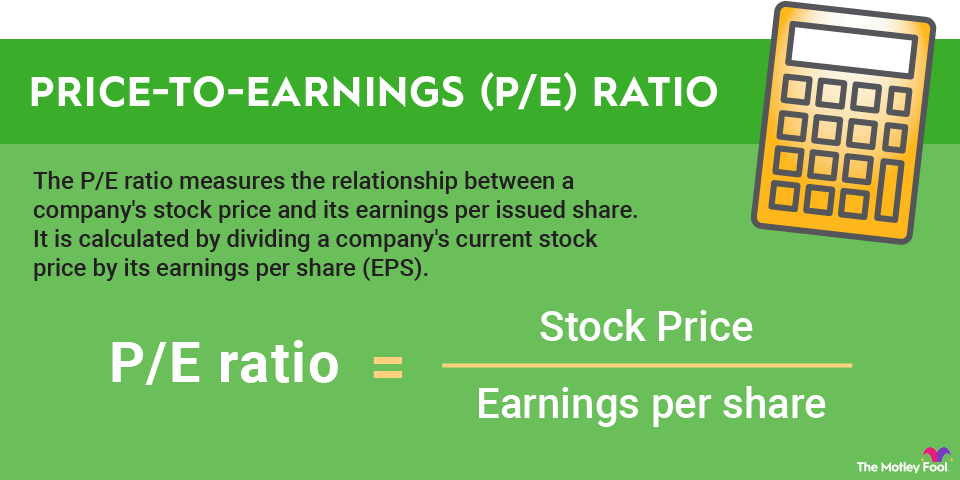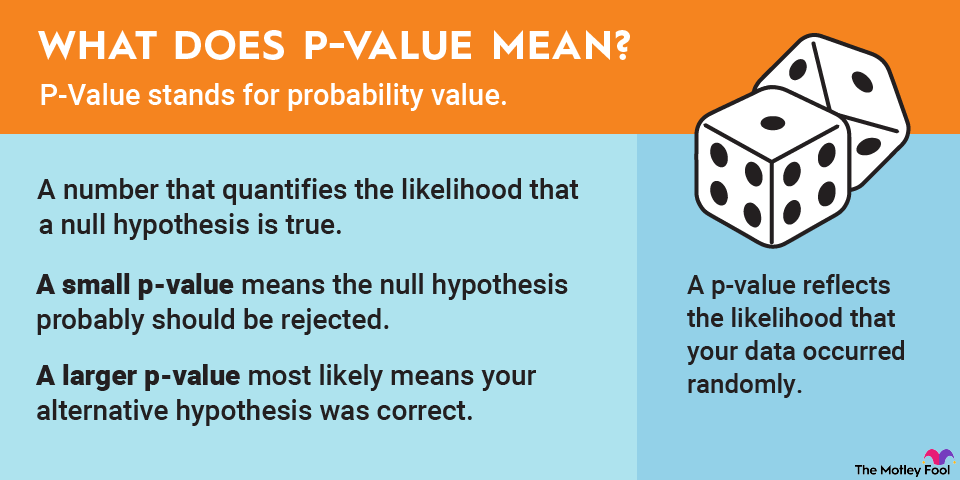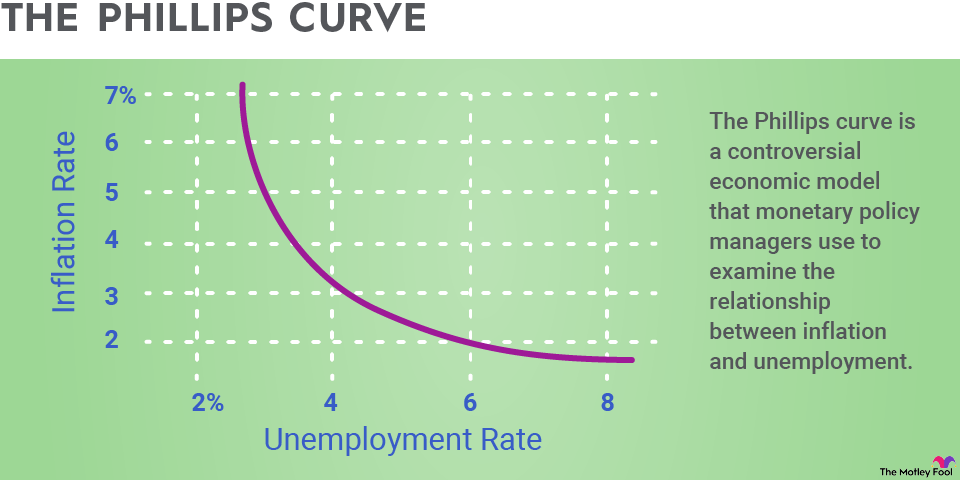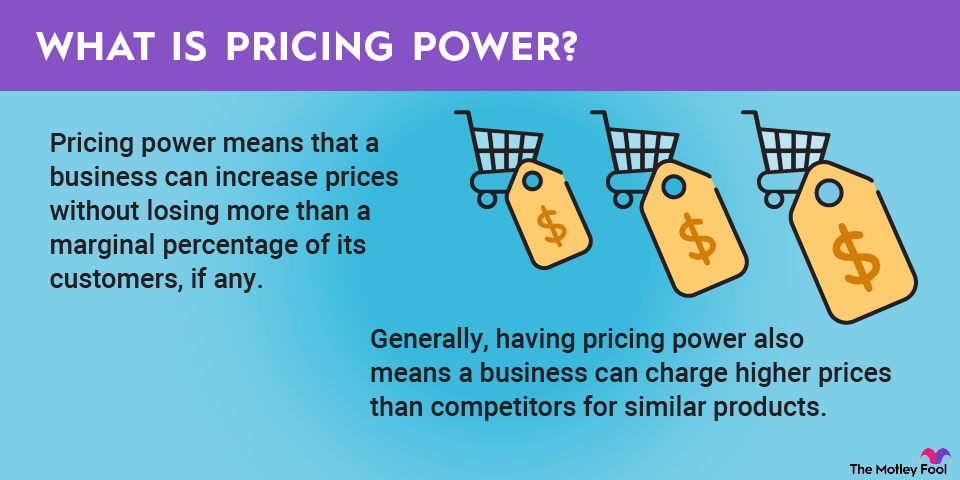Where should I invest to create passive income?
The easiest place to start investing for passive income is in a standard brokerage account. You can access a variety of income-producing securities, including stocks and bonds or dividend-paying mutual funds, exchange-traded funds (ETFs), and real estate investment trusts (REITs).
While investing in an individual retirement account, such as a traditional IRA, has the advantage of tax-deferred investment earnings, in a taxable account you'll pay taxes on that income even if you reinvest it.
You could also invest in rental properties or business ventures directly.
3 popular ways to make passive income
Popular passive income strategies fall into three general categories:
- Traditional income investments: Fixed-income and dividend-paying securities are popular sources of passive income because they require very little work. You do the research up front, keep watch over your investment portfolio, and collect your payments. If you don't need the cash flow right away, you can reinvest those dividend or interest payments to expedite your income growth.
- Rental properties: Owning real estate for rental income is also appealing because you can finance the property inexpensively with a mortgage. Also, the property's value isn't as volatile as stocks. The trade-off is that real estate passive income is often less passive than you'd think. Unless you hire a property manager, you will be coordinating maintenance and repairs, fielding tenant questions, and collecting rents.
- Online businesses. Those who are short on cash often look to launch a small business that will eventually produce passive income. There are many opportunities in the digital space, from e-commerce stores that drop-ship products to blogs and online courses. This is a longer-term strategy since these businesses are often resource-intensive at the beginning.
Does passive income really require "no work"?
Passive income does require work. However, much of that work is done at the start so you can enjoy the cash flows later with less effort. The amount of work involved varies based on the passive income strategy you pursue.
Invest in a reputable dividend stock, and you don't have to do much at all. Just oversee your position, and you might collect a 2% or 3% yield on your investment for many years.
As you pursue higher yields, the amount of work can increase. You could invest in a high-yield income fund that uses leverage and other aggressive tactics to amplify returns, for example. That's a position you'd have to manage closely since it will probably be quite sensitive to market and economic trends.
A small-business launch, which could have unlimited return potential, typically requires even more time and energy. You could put in full-time hours for months before the business is stable enough for you to step back from the front lines.




















